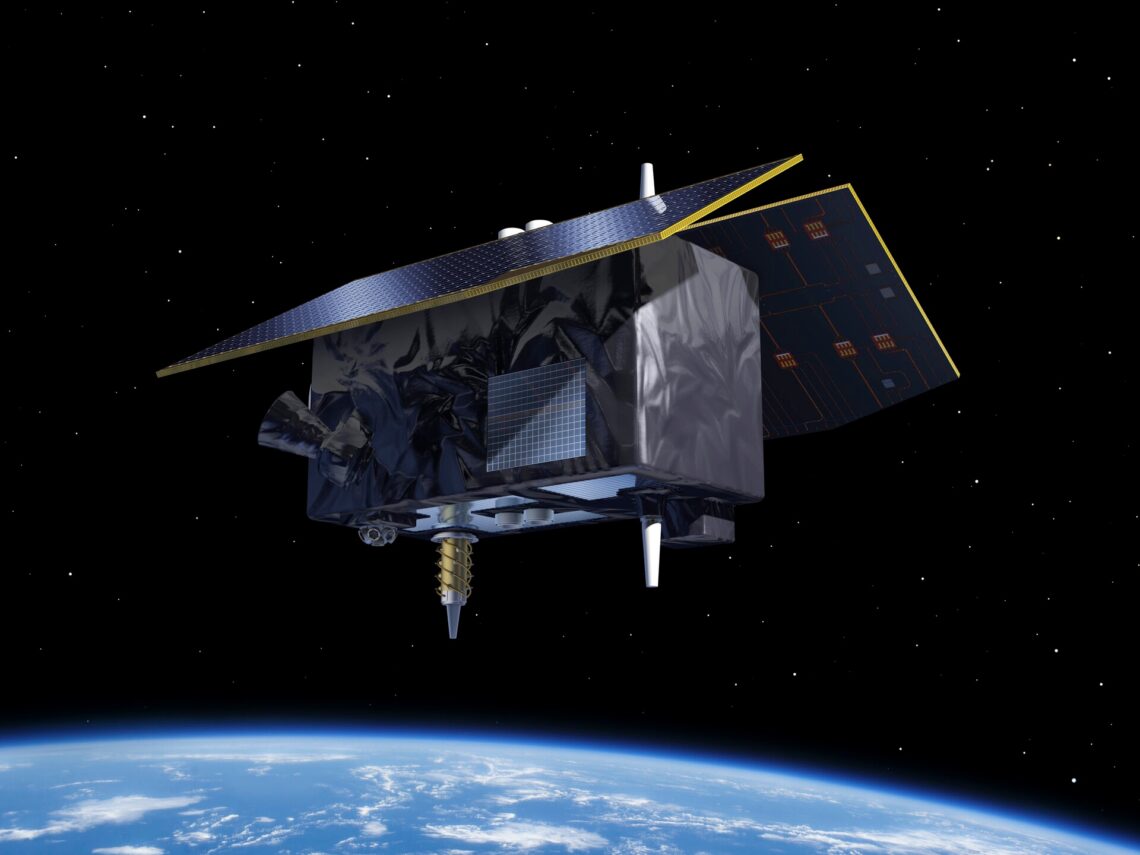WASHINGTON — The European Space Agency has awarded three contracts worth a quarter of a billion dollars to develop a pair of navigation missions, including one to test the feasibility of a low Earth orbit satellite constellation.
ESA announced the award of the contracts for its FutureNAV program March 19, with a combined value of 233.4 million euros ($253 million). The contracts cover two missions, called Genesis and LEO-PNT.
“With Genesis and LEO-PNT we are responding to rapidly growing needs for more resilient and precise navigation and ensuring Europe leads global satellite navigation,” Javier Benedicto, ESA’s director of navigation, said in a statement about the contracts.
One contract, valued at 76.6 million euros, went to a consortium led by OHB Italia to develop Genesis. That spacecraft will carry a suite of instruments to improve the International Terrestrial Reference Frame (ITRF), which provides a coordinate system for use in navigation systems and in Earth science. That system is based on the center of mass of the Earth, including oceans and atmosphere.
Genesis will refine the ITRF with several geodetic instruments, like laser ranging and very-long-baseline interferometry, with a goal of providing an accuracy of one millimeter. Genesis is scheduled to launch in 2028.
Two other contracts, each valued at 78.4 million euros. were awarded for LEO-PNT, an effort to demonstrate the viability of LEO constellation to provide positioning, navigation and timing (PNT) services. One contract went to GMV Aerospace and Defence, partnered with OHB System, while the other went to Thales Alenia Space.
The goal of LEO-PNT is to deploy a set of small satellites in LEO to test how such spacecraft could augment Galileo and other navigation systems operating in higher orbits. There is growing interest in LEO navigation satellite systems that could produce stronger signals that could improve service in urban areas and be more resistant to…
Read the full article here

